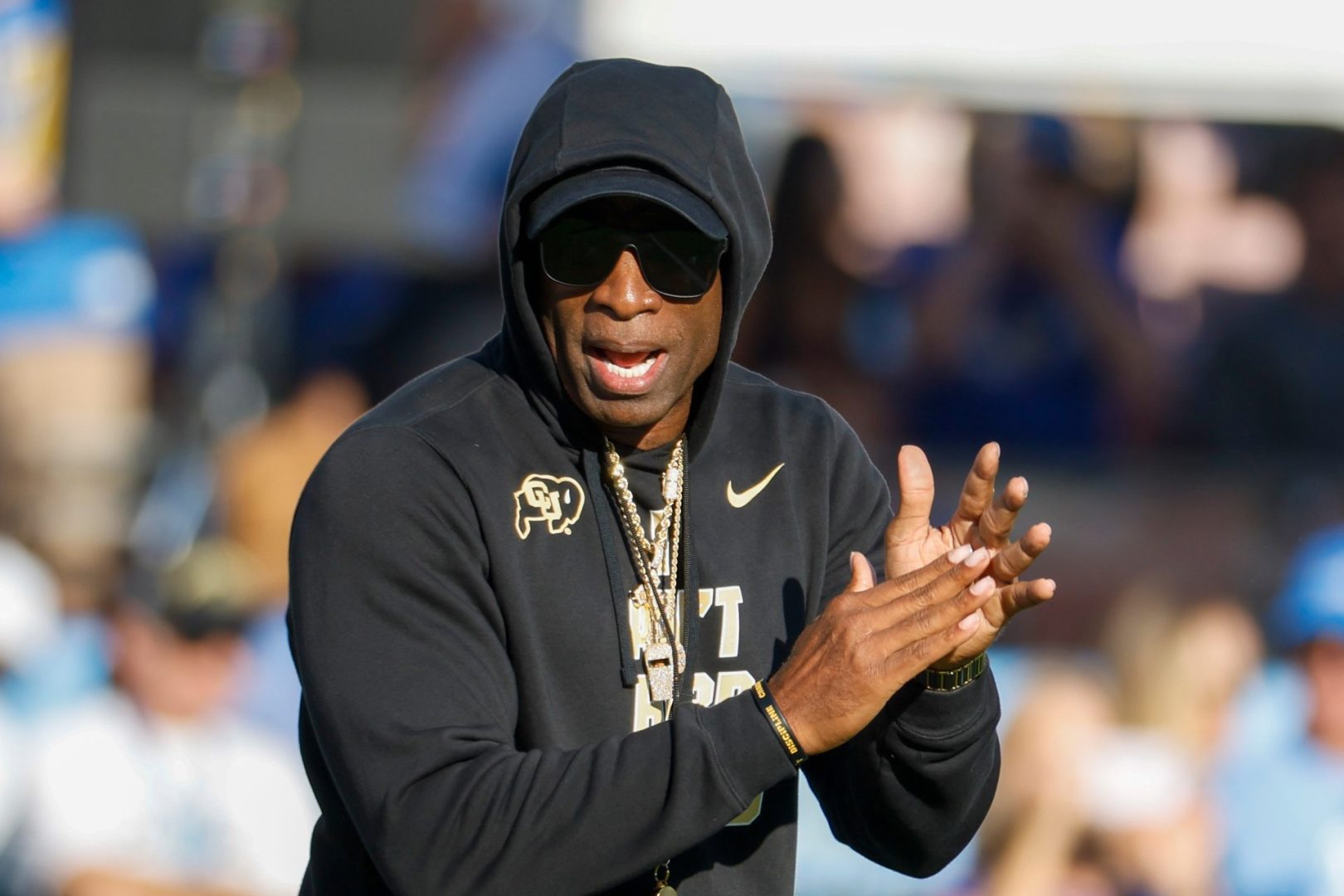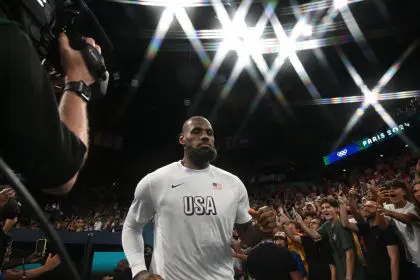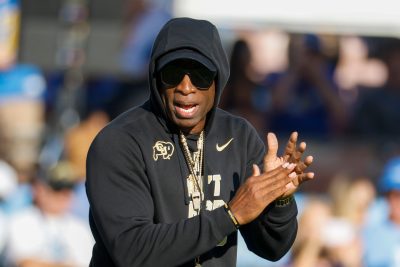The University of Colorado’s announcement to retire the jerseys of quarterback Shedeur Sanders and two-way star Travis Hunter has sparked considerable debate throughout the college football community. This significant decision will add these players to the small group of individuals in program history to receive this distinguished honor, with the last being Rashaan Salaam’s No. 19, which was retired posthumously in 2017.
Athletics director Rick George explained the decision by highlighting how both players have led the team back to national prominence. Under Coach Prime’s leadership, the Buffaloes transformed from a struggling 1-11 program in 2022 to an impressive 9-4 record in 2024, though they have yet to secure a College Football Playoff appearance.
Wilbon addresses speculation
ESPN commentator Michael Wilbon recently addressed the situation during an episode of Pardon the Interruption, providing important context about Coach Sanders’ role in this decision. According to Wilbon, based on reliable sources, Deion Sanders did not personally orchestrate or influence the jersey retirements as some had speculated.
This clarification comes amid growing concerns that Sanders might be using his position to secure special recognition for his son Shedeur. Wilbon’s statement redirects responsibility to Colorado’s athletic administration rather than suggesting any improper influence from the head coach himself.
Historical context and timing
The retirement ceremony is scheduled during halftime of Colorado’s upcoming Black & Gold Day spring game, which will be broadcast live on ESPN2. This high-profile event represents a significant moment in the program’s evolving identity under Sanders’ leadership.
The timing has particularly frustrated some former Colorado players who believe this honor comes prematurely. Several alumni have expressed that players who contributed to Colorado’s national championship win in 1990 should have been prioritized for jersey retirement before current roster members who have yet to complete their collegiate careers.
Coach Prime’s perspective
When addressing the mounting criticism, Deion Sanders suggested the controversy stems primarily from family connections rather than merit. He noted that the conversation focuses disproportionately on his son while overlooking Travis Hunter’s simultaneous honor. Sanders believes that the intensity of discussion exists largely because of the Sanders name, implying that without this family connection, the decision might not face such scrutiny.
Legacy considerations
The decision also raises important questions about the criteria for jersey retirement across college athletics. Traditionally, such honors have been reserved for players who completed distinguished collegiate careers or achieved remarkable professional success after graduation. This recognition for active players establishes a precedent that may influence how other programs approach similar accolades in the future.
Program transformation
Beyond the jersey controversy, Colorado’s football program has undergone remarkable transformation since Sanders’ arrival. Television ratings, merchandise sales, and national media attention have all increased dramatically. The spring game itself exemplifies this shift, securing a national broadcast slot that would have been unlikely before the Coach Prime era began.
Balancing tradition and innovation
Colorado’s athletic department appears to be balancing tradition with innovation as they navigate this new era. The jersey retirements represent just one aspect of their broader strategy to capitalize on current momentum while building toward sustainable success. How they manage the delicate relationship between honoring the program’s past while embracing its present direction will likely influence stakeholder support moving forward.
Looking ahead
As the spring game approaches, attention will be focused on Boulder to witness not just the jersey retirement ceremony but also the continued evolution of Colorado football. The controversy surrounding these honors may eventually fade, but the precedent established will resonate across collegiate athletics for years to come.
Whether viewed as deserving recognition or premature celebration, the retirement of Sanders’ and Hunter’s jerseys symbolizes the changing landscape of college sports in an era of increased player mobility and personal branding. How Colorado balances these modern realities with traditional program values will determine their long-term success both on and off the field.















